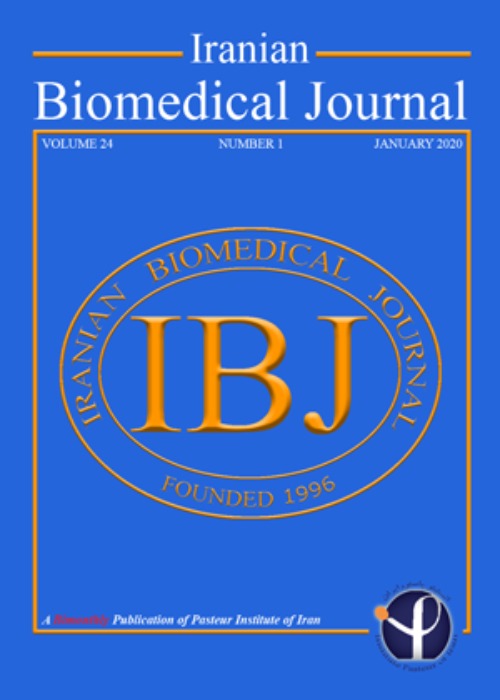Three Novel Mutations in Iranian Patients with Tay-Sachs Disease
Tay-Sachs disease (TSD)، or GM2 gangliosidosis، is a lethal autosomal recessive neurodegenerative disorder، which is caused by a deficiency of beta-hexosaminidase A (HEXA)، resulting in lysosomal accumulation of GM2 ganglioside. The aim of this study was to identify the TSD-causing mutations in an Iranian population.
In this study، we examined 31 patients for TSD-causing mutations using PCR، followed by restriction enzyme digestion.
Molecular genetics analysis of DNA from 23 patients of TSD revealed mutations that has been previously reported، including four-base duplications c. 1274_1277dupTATC in exon 11 and IVS2+1G>A، deletion TTAGGCAAGGGC in exon 10 as well as a few novel mutations، including C331G، which altered Gln>Glu in HEXB، A>G، T>C، and p. R510X in exon 14، which predicted a termination codon or nonsense mutation.
In conclusion، with the discovery of these novel mutations، the genotypic spectrum of Iranian patients with TSD disease has been extended and could facilitate definition of disease-related mutations.
- حق عضویت دریافتی صرف حمایت از نشریات عضو و نگهداری، تکمیل و توسعه مگیران میشود.
- پرداخت حق اشتراک و دانلود مقالات اجازه بازنشر آن در سایر رسانههای چاپی و دیجیتال را به کاربر نمیدهد.


